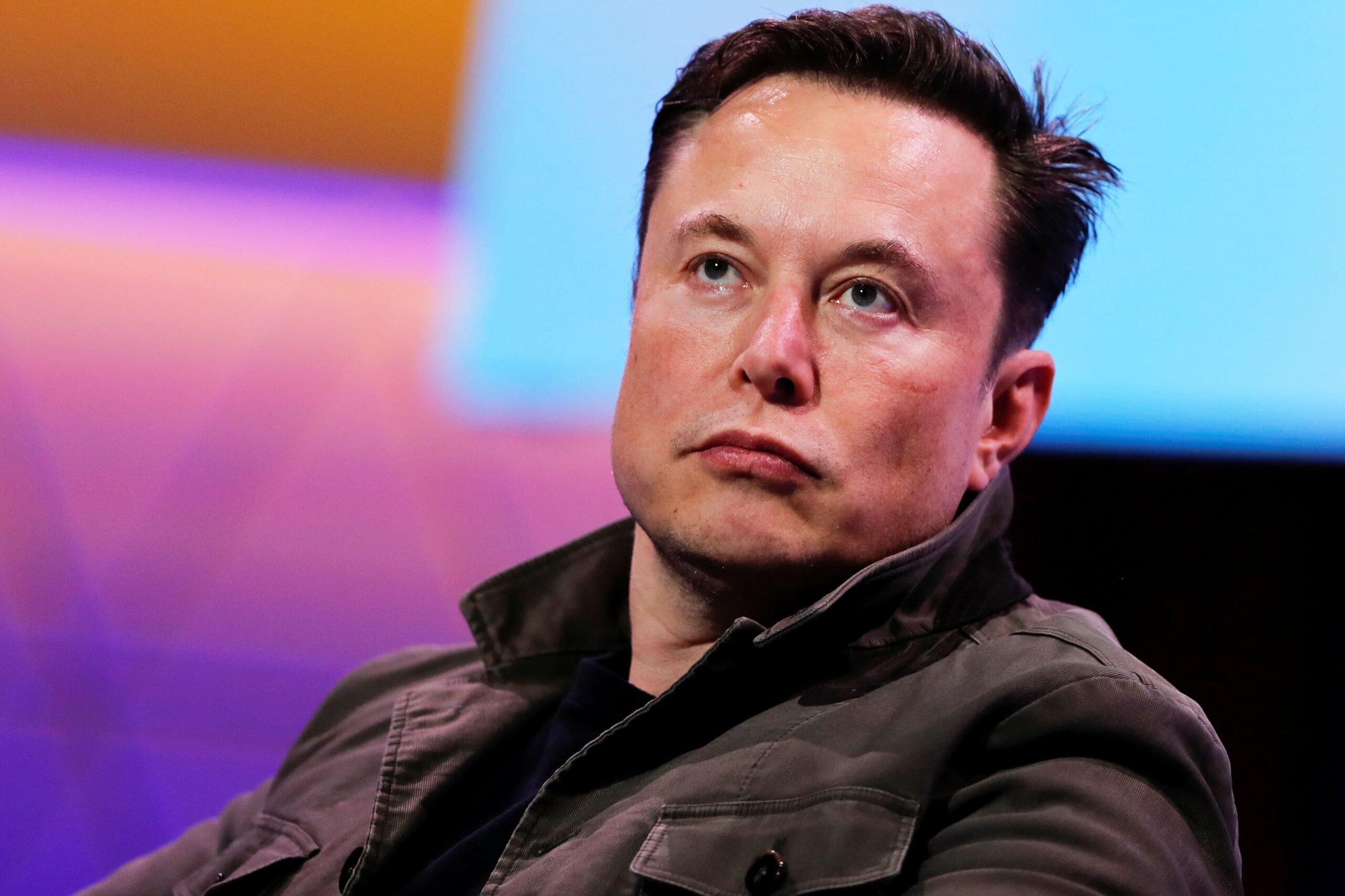- Judith Akatugba
- 0 Comments
- 552 Views
Musk, a tech entrepreneur, has asserted that one of his Neuralink wireless brain chips has been successfully implanted in a human.
He stated in a post on X, formerly Twitter, that the patient was “recovering well” and that “promising” cerebral activity had been detected following the procedure.
The mission of the organization is to link human minds with computers in order to combat complex neurological disorders.
Read Also: How to Drink in a Healthier Way
Several competing firms have previously implemented analogous devices.
This includes the Swiss École Polytechnique Fédérale in Lausanne (EPFL), which has accomplished the feat of rehabilitating a paralyzed individual to locomotion solely through mental effort.
This was accomplished through the placement of electronic implants in his cranium and spine, which transmitted his thoughts wirelessly to his legs and feet.
In May 2023, the peer-reviewed journal Nature published the specifics. An independent verification of Mr. Musk’s assertions has yet to occur.
Neuralink and the Food and Drug Administration (FDA), the medical regulatory agency of the United States, have been contacted by BBC News for comment.
Neuralink has faced prior scrutiny and criticism. In December 2022, Reuters published an article detailing the company’s involvement in testing activities that tragically claimed the lives of around 1,500 animals, including sheep, monkeys, and piglets.
The chief of the United States Department of Agriculture, which investigates animal welfare issues, stated in July 2023 that the company had not been found in violation of any animal research regulations.
A distinct investigation, however, is currently underway at the agency.
The FDA granted authorization for Mr. Musk’s company to conduct human trials of the chip in May 2023.
This authorized the commencement of the six-year research project, Neuralink reports, in which 64 flexible strands thinner than a human hair are surgically implanted onto a region of the brain that regulates “movement intention” using a robot.
The company claims that these threads enable its experimental implant, which is powered by a wirelessly rechargeable battery, to wirelessly capture and transmit brain signals to an application that deciphers the individual’s intended movements.
Mr. Musk stated in another X post that the name of Neuralink’s inaugural product would be Telepathy.
He claimed that telepathy would allow “thought-based control of your phone, computer, and virtually any other device.”
“Initial users will be those who have lost the use of their limbs,” he reiterated.
He further stated, in reference to the late British scientist who suffered from motor neuron disease, “Consider a scenario in which Stephen Hawking could convey information at a rate greater than that of a speed typist or auctioneer.” Such is the objective.”
Although Elon Musk’s participation in Neuralink brings attention to the company, certain competitors of his have been in operation for over two decades. Blackrock Neurotech of Utah inserted the initial of numerous brain-computer interfaces in 2004.
A co-founder of Neuralink established Precision Neuroscience, which also seeks to assist individuals with paralysis. Additionally, the device’s implant resembles an exceedingly thin membrane that is placed on the brain’s surface and is reportedly implantable through a “cranial micro-slit” operation, which is a considerably less complex process.
Additionally, results have been generated by pre-existing devices. Implants were used in two distinct scientific studies conducted in the United States recently to monitor brain activity during speech attempts; the data was then decoded to assist the subjects in communicating.











